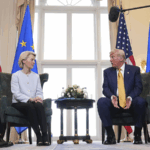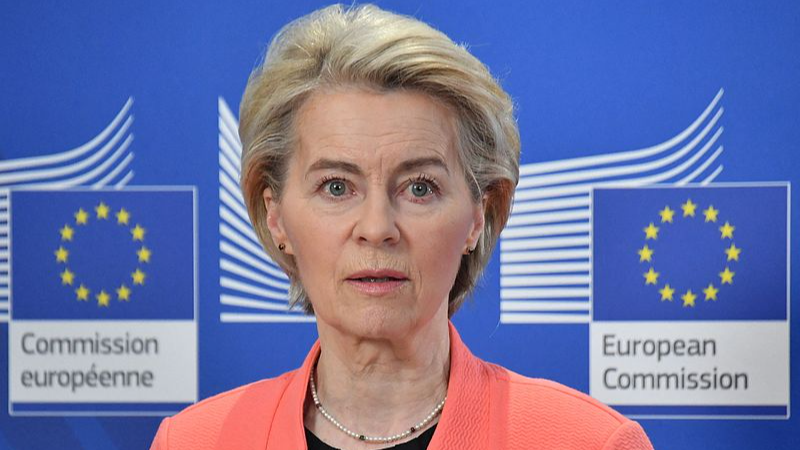🌍 Reality Check: The European Union’s new anti-subsidy investigation into Chinese electric vehicles (EVs) has sparked debate: Is this about fairness… or fear of competition?
European Commission President Ursula von der Leyen claims the probe aims to ensure 'fairness' in global trade. But critics argue it’s a thinly veiled attempt to shield Europe’s auto industry from China’s booming EV sector. Why? Let’s plug into the details ⚡.
China’s EV Edge: Innovation or 'Unfair' Advantage?
Chinese EV exports surged by 25% in 2022, capturing 35% of the global market. By 2025, EVs from the Chinese mainland could make up 15% of Europe’s sales. Why are they dominating? Analysts point to:
- 🚀 Tech investment: China has double the software-savvy auto workforce compared to Europe (McKinsey report).
- 💡 Cost efficiency: Chinese EVs are 20-30% cheaper to produce, thanks to lower energy costs and supply chain advantages.
Meanwhile, EU automakers like Renault admit they’re racing to cut costs by 40% to keep up. As Renault CEO Luca de Meo put it: 'Chinese OEMs started a generation before us.'
Why Not Tesla? 🔌
The EU hasn’t probed Tesla, despite the U.S. company receiving $3B+ in state subsidies since 2010. Critics call this a double standard. 'This isn’t about fairness—it’s about reserving Europe’s EV market for European companies,' says UK auto expert Jim Holder.
Green Goals vs. Trade Walls 🌱
With the EU mandating 100% EV sales by 2035, the stakes are high. But slapping tariffs on Chinese EVs could backfire, slowing the green transition and raising prices for consumers. As von der Leyen pushes 'de-risking' from China, the question remains: Is Europe protecting jobs… or falling behind? 🔄
Reference(s):
EU buckling under pressure: Probing Chinese EV will not save itself
cgtn.com



